Metro In-Home Solutions, a collaborative of four charitable organizations, accelerates home modifications for Detroit’s older adults.

Generations Journal, vol. 44, no. 2 (Summer 2020)

Metro In-Home Solutions, a collaborative of four charitable organizations, accelerates home modifications for Detroit’s older adults.
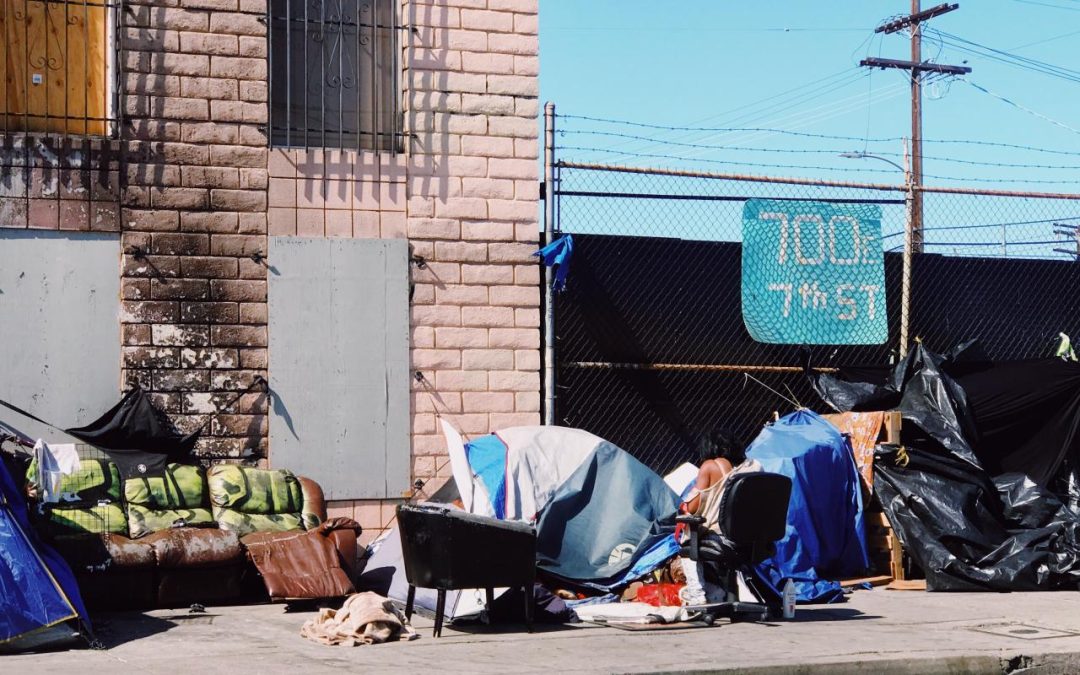
Federal housing assistance programs are not meeting the affordable housing needs of low-income elders: two potential solutions may mitigate this shortcoming.

A detailed overview of how America’s older adults are housed reveals significant challenges for this cohort’s ability to age in place—and to live safely, affordably, and well.
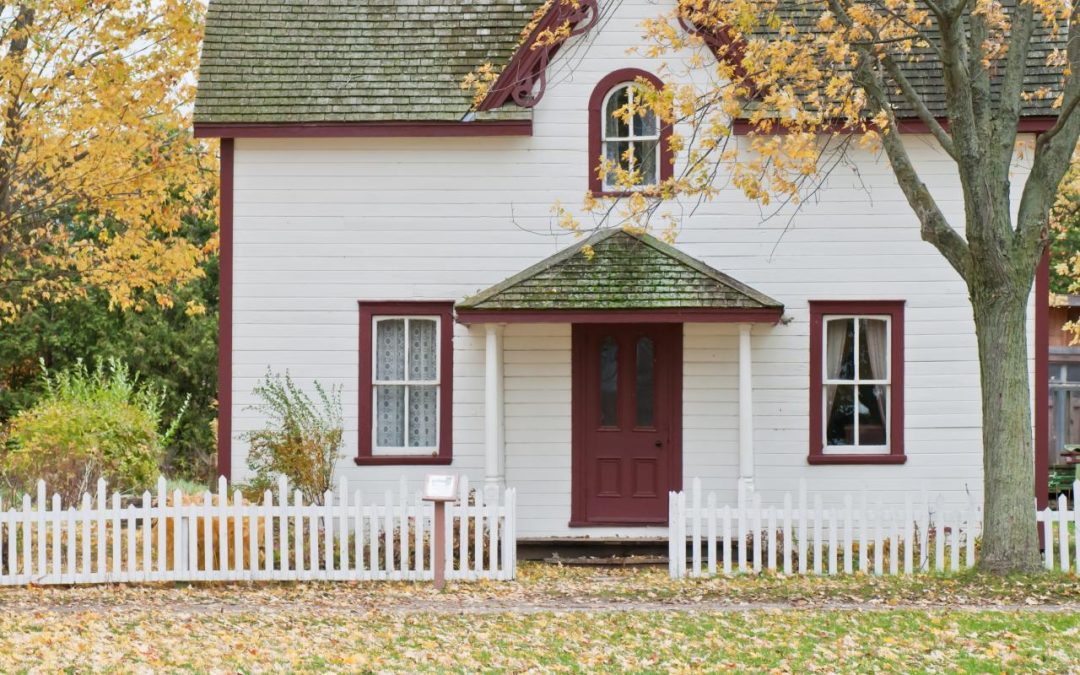
An exploration of the multiple ways in which home holds meaning and determines well-being as people age.
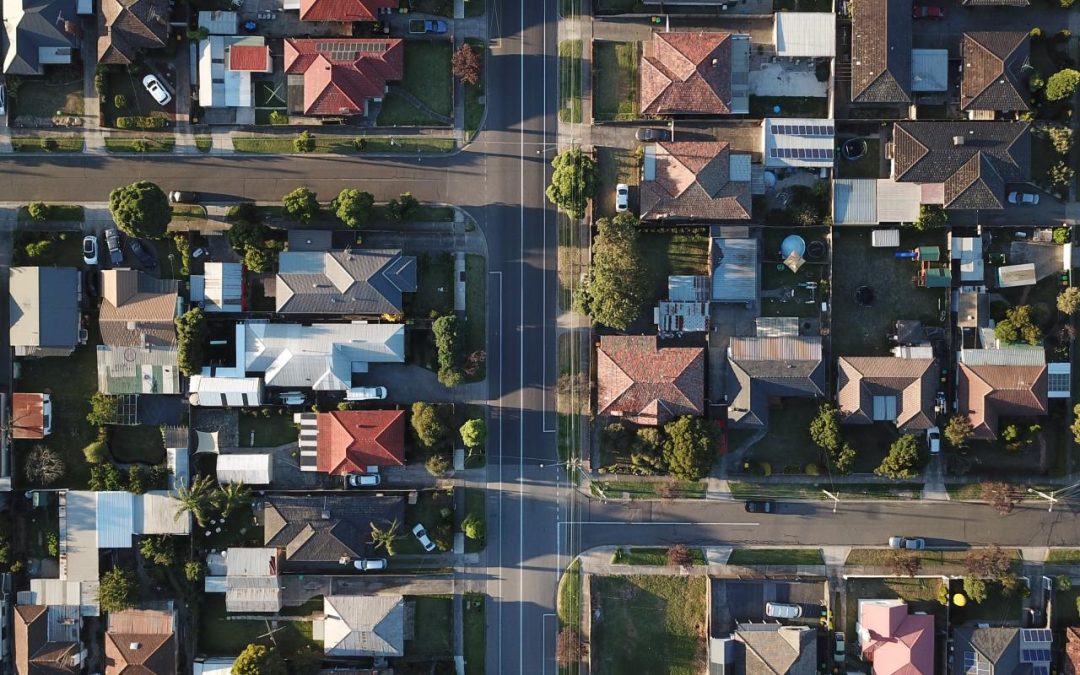
Why is housing a backburner issue, how does it determine health, what are the inequities and how might we fix it?
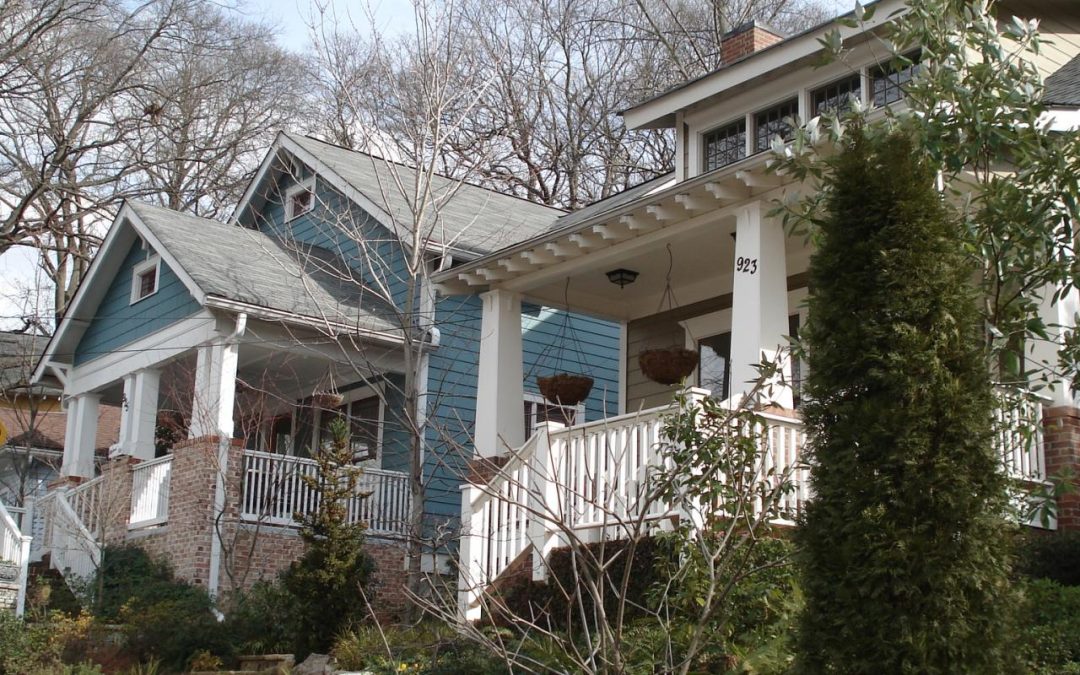
How one Atlanta neighborhood banded together to support senior housing

‘I wanted to recognize the key role of the “shelters” in which most older adults live.’

Increasing affordable housing, using targeted prevention, and adding permanent supportive housing could decrease homelessness.
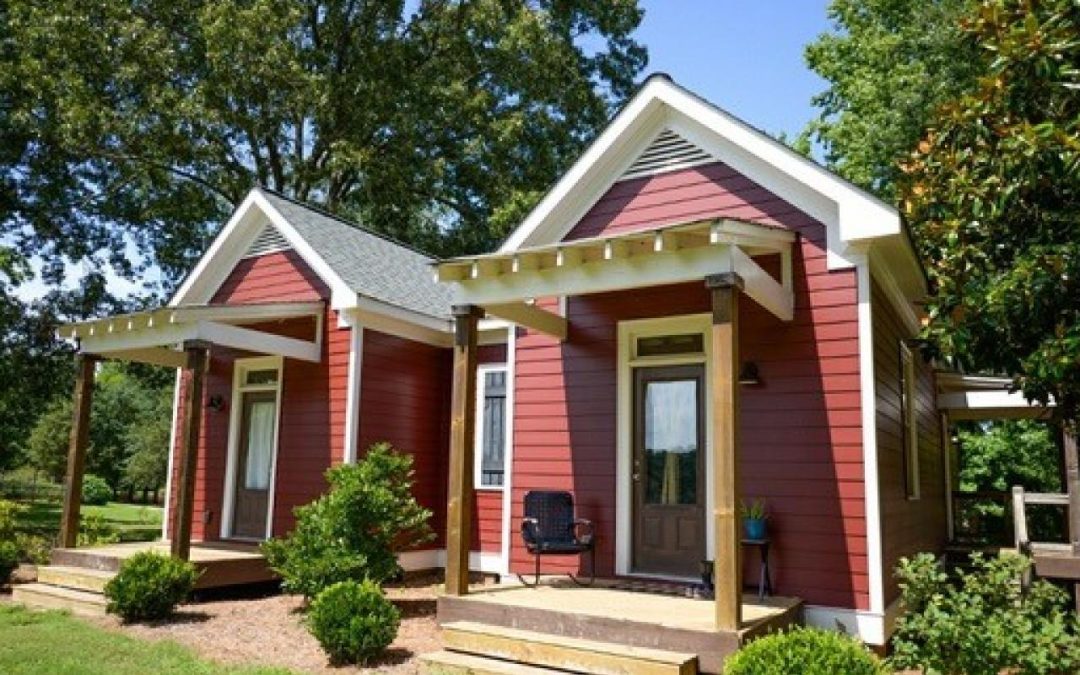
Accessory dwelling units, while evolving in design and use, continue to reshape communities to include older adults.

Home ownership late in life can have financial and emotional benefits, thus policy that assists younger adults in home-buying should be developed and enacted.
Generations Journal, vol. 44, no. 2 (Summer 2020)
Abstract Many older adults intend to live out their lives in their homes, but most of their homes lack the necessary accessibility features for when residents' functional abilities change. In metro Detroit, Metro In-Home Solutions, a collaboration between four...
Abstract There are numerous federal housing assistance programs, but together they fall far short of meeting the affordable housing needs of older adults with low incomes. This article describes major federal housing assistance programs and the current need for...
Abstract This article examines older adults' housing circumstances in the United States, including household composition, housing tenure, physical and financial aspects, geography and neighborhood characteristics, and residential mobility. Older adults' housing...
Abstract This article discusses the importance of home to older people as “home” arises in its various forms, in terms of its material, social, and symbolic features and adaptations. Home in the context of aging—for all people—is multifaceted and complex. All these...
Abstract Housing is central to older adults' life outcomes. Housing's affordability, physical quality, and location can impact physical and mental health. Housing policies and practices have systematically limited access to homeownership for persons of color and...
Abstract The right housing in the right community can mean the difference between being able to age in the community you love and having to move. As housing markets have gotten more complex, so, too, must the strategies of advocates for quality senior housing. This...
Summer Generations Guest Editor Alisha SandersWhen asked about her motivation for guest-editing this Summer issue of Generations, Guest Editor Alisha Sanders said, “I wanted to help bridge two worlds-to help aging services people understand more about housing and to...
Abstract Homelessness among older adults is increasing; among single homeless adults, approximately half are ages 50 and older. Of these, almost half first became homeless after age 50. Adults ages 50 and older who are homeless are experiencing health...
Abstract It is hard to argue that an extra small house wouldn't be beneficial to most homeowners, no matter their age. The relative scarcity of “granny flats” is less a result of their usefulness than it is a matter of the popular perceptions and legal contexts...
Abstract Owning a home has the potential to provide older adults with higher levels of financial security, housing stability, and housing quality. Given that a large majority of older adults own their homes, whether and for whom these benefits are realized is an...
Abstract Older Americans want to age in place, but often live in older, larger homes, which can be unsafe or expensive to maintain, and, if located in rural areas, lack easy access to transportation, medical and social services. Many older adults could better meet...
Editor's note: This past January, ASA surveyed its members about what it takes to be a leader in the field of aging, what members would like to learn about how to develop leadership knowledge, skills and abilities, and who best personifies leadership. ASA members...
Abstract Although older adults have made significant financial gains over the past generation, many experience economic hardship. In 2017, 14 percent of adults ages 65 and older had incomes below 125 percent of the federal poverty level, and 37 percent had incomes...
Summer Generations Guest Editor Alisha SandersWhen asked about her motivation for guest-editing this Summer issue of Generations, Guest Editor Alisha Sanders said, “I wanted to help bridge two worlds-to help aging services people understand more about housing and to...
Abstract Housing choices for older adults in the United States generally fall into two categories: continuing to live relatively independently or moving into designated senior housing with formal services. Interest in a third option is growing: innovative housing...
Abstract Funding for elder abuse prevention and response is constrained and insufficient. There is no dedicated federal funding for state-administered Adult Protective Services programs, which differs substantially from federal support for child protective services....
Abstract Three quarters of older adults in the United States would prefer to age in place, but our current housing stock is not suited for older adults with mobility issues and chronic disease. Modifying one's current home, prior to onset of advanced aging, can...
Suggested citation for articles in this issue: [Last Name(s), First Name(s)]. “Article Title.” Generations Journal, vol. [#], no. [#] [season and year (ex. Fall 2024)]. [URL]
Generations Journal is the quarterly journal of the American Society on Aging. Each issue is devoted to bringing together the most useful and current knowledge about a specific topic in the field of aging, with emphasis on practice, research, and policy.